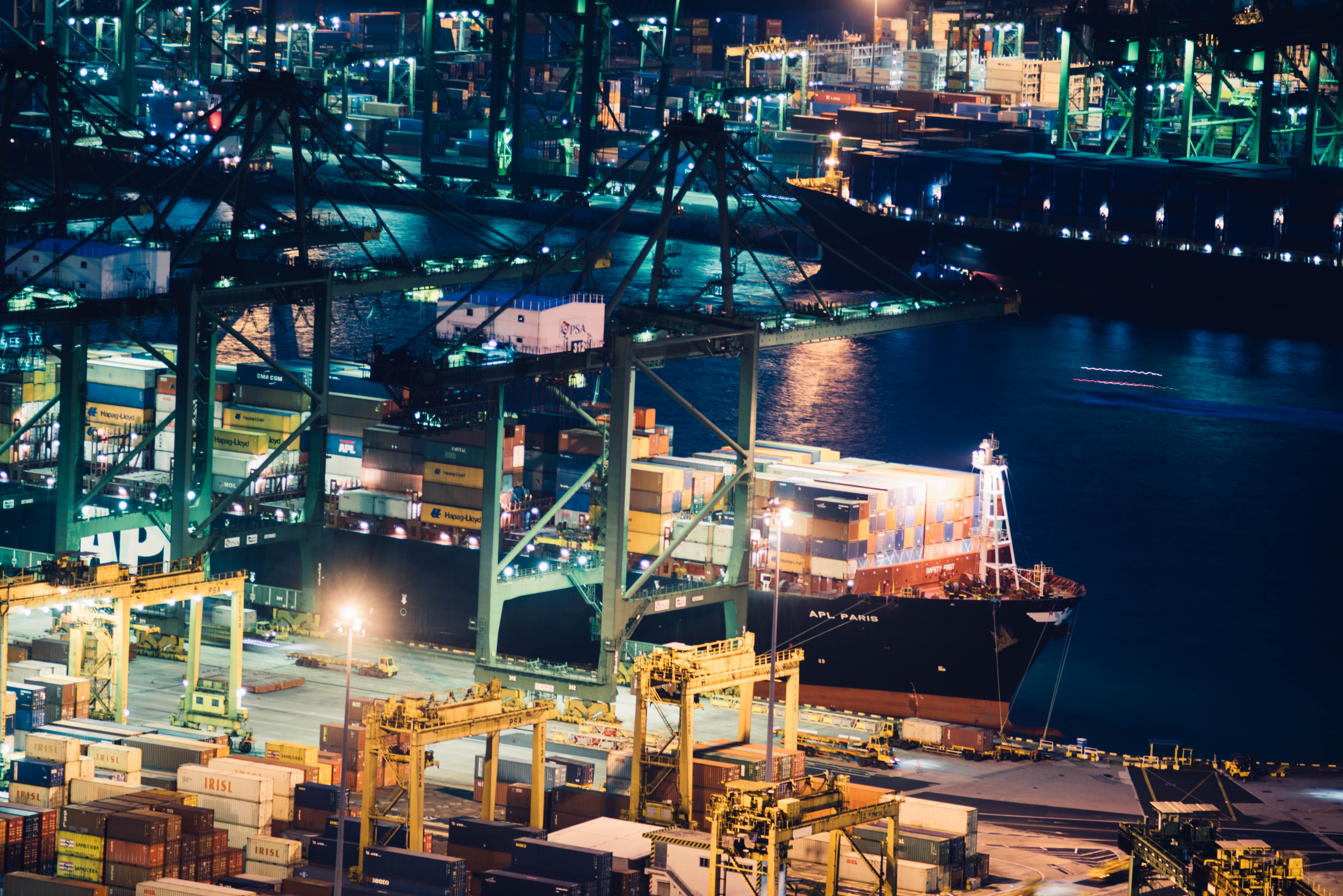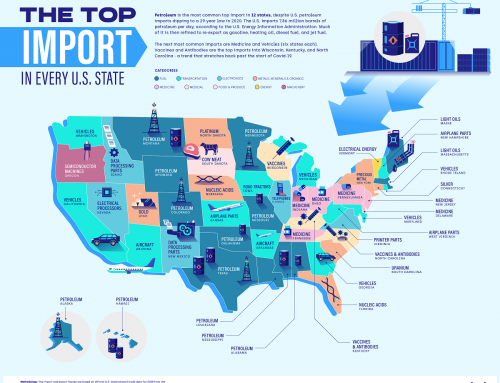If you’re just looking into doing imports on a small scale, or you’re a part of a large enterprise that imports mass consumer goods to the US, you’re probably aware of the mountain of paperwork it takes to get your items from point A to point B (depending on the kind of goods you work with).
Documentation is the mode in which organizations communicate with US Customs and Border Protection (CBP). That being said, it’s crucial that you ensure that you’ve filed all the necessary documentation to clear customs. Different kinds of commercial goods may require additional paperwork.
It’s important to stay on top of what is required of you as a commercial importer. A misstep here can be pretty painful to your operations, i.e. fines, extra fees, delays, or complete and total rejections in the worst case scenario! Depending on your business infrastructure, this can often be disastrous.

However, if you file carefully and make sure you have every document required to clear customs, your import business will be a breeze!
Today, we are talking about a specific piece of documentation: Importer Security Filing or 10+2. CBP defines this document on their website: As of January 2009, the Importer Security Filing and Additional Carrier Requirements (10+2) were enacted. This rule applies to importers arriving to the US by ship. And they make their warnings clear here, too. Failure to comply could result in penalties, increase inspections, and costly delays.
So, what is an ISF, exactly?
Under this regulation, before any commercial goods arriving by vessel can enter in the United States, the ISF must be submitted advance cargo information to our friends at CBP! Please note that this regulation is only applicable to commercial cargo arriving in the US by vessel. It does not apply to other modes of shipment.
Who is supposed to file it?
Surprise, surprise. The importer is the party that must submit the ISF. Simply put, the importer is the one that is actually bringing the goods over to a US port, so of course it’s on you to make sure your paperwork is in order.

How will the regulation be enforced?
Straight from CBP: “We may issue liquidated damages of $5,000 per violation for the submission of inaccurate, incomplete, or untimely filing.” If the paperwork isn’t on point, CBP reserves the right to withhold the commercial goods, and even refuse to grant a permit to enter into the US.
What information do you need to file an ISF?
Here is a list of all the data elements required:
- Supplier name and address
- Vendor name and address
- Buyer name and address
- Ship-to name and address
- Consolidator name & address
- Container packing location
- ISF number (importer assigned)
- Consignee identification number
- Country of Origin
- Harmonized Tariff Schedule code
- Bill of lading number
What kind of help can I get with this documentation?
Good news! You can work with a customs broker and they can do the filing for you. A solid customs broker will file this paperwork on your behalf at least 24 hours before the cargo departs from the port of origin.
The reality for many organizations and small scale importers is that balancing the workload of your core operations, all the while ensuring all regulations, rules, documentation is in order is simply not possible. A customs broker works as your partner to clear customs with ease.
Our mission as a customs brokerage is to bring you the most convenient service at the lowest price. As a full-service customs broker, we specialize in commercial and even personal imports of all kinds of goods.
Did you know that Clearit USA is the first-ever online, transactional broker? Work with the leaders in the customs brokerage space! We’d love to collaborate. Click here to contact us and learn more.



